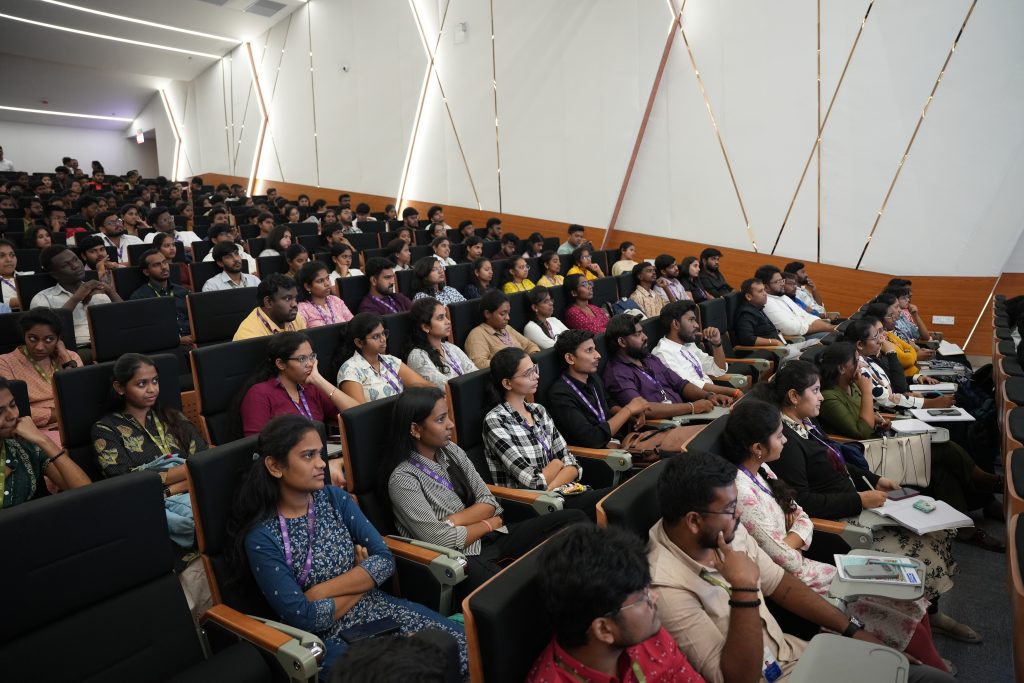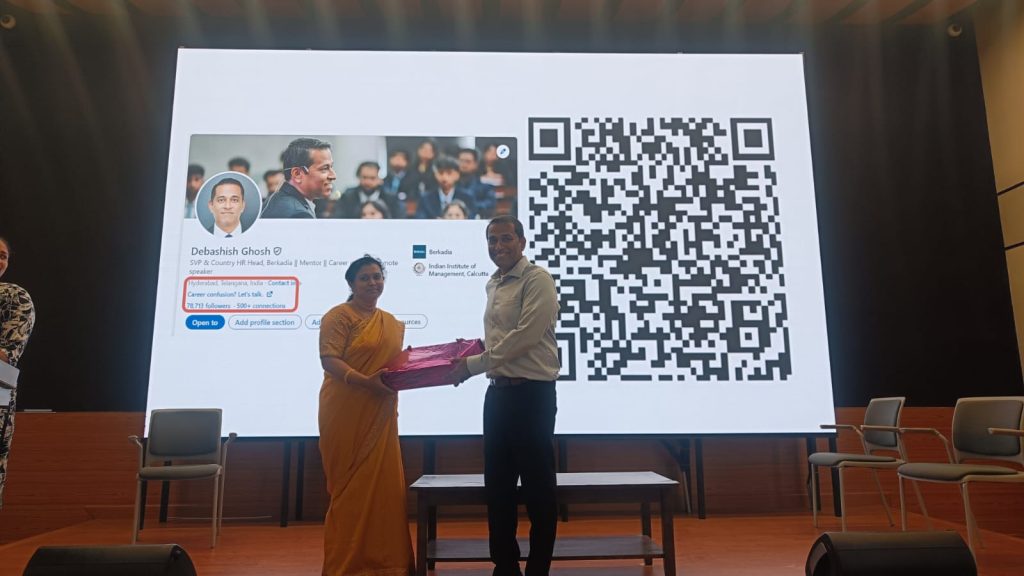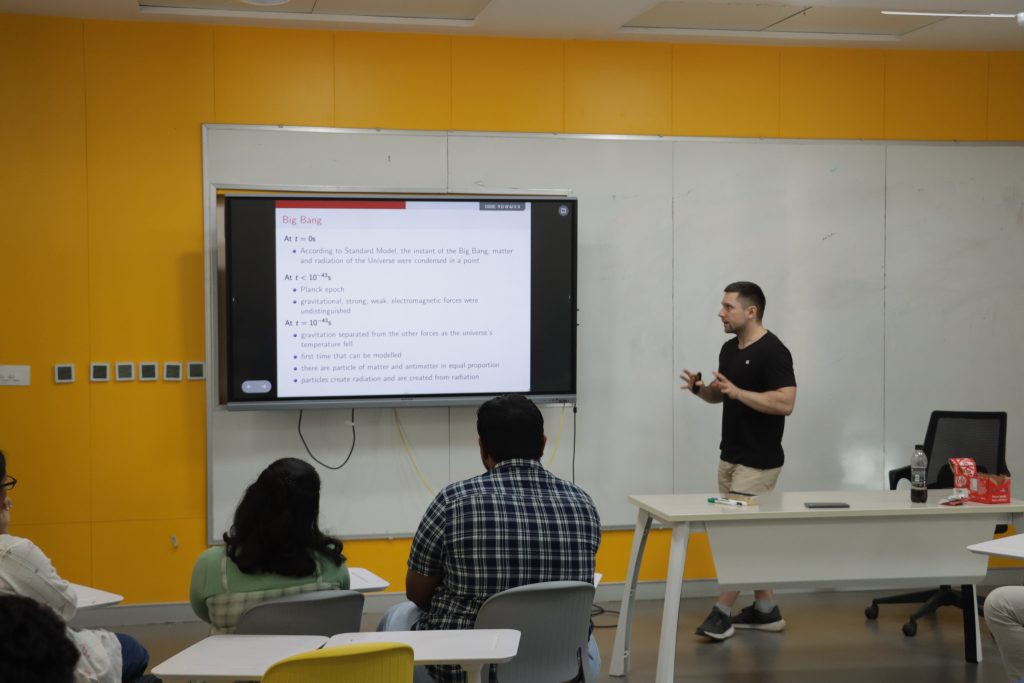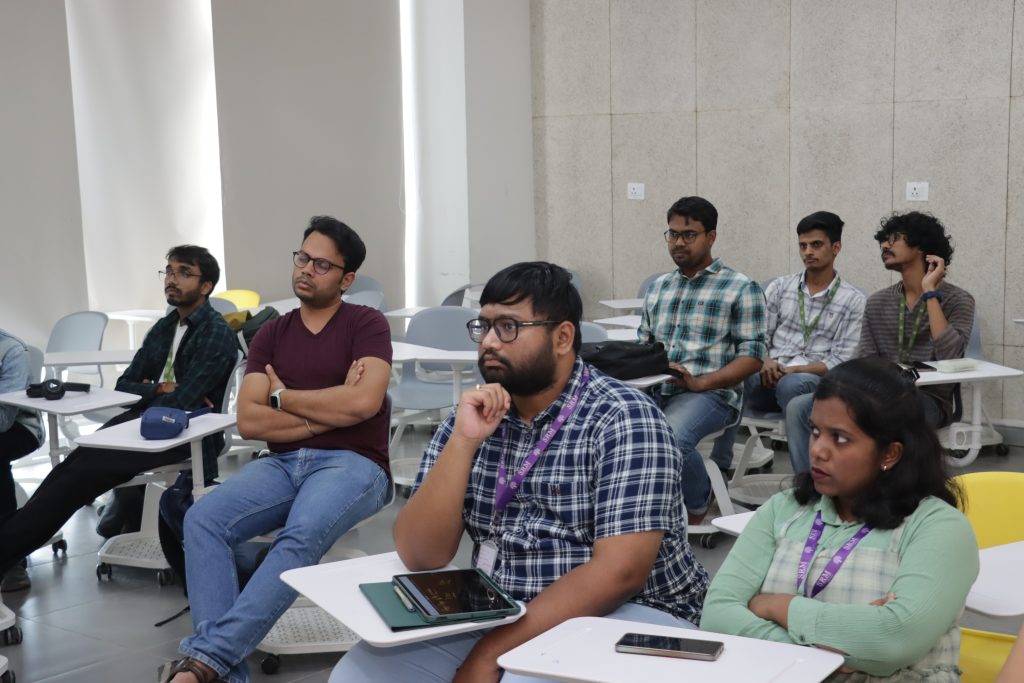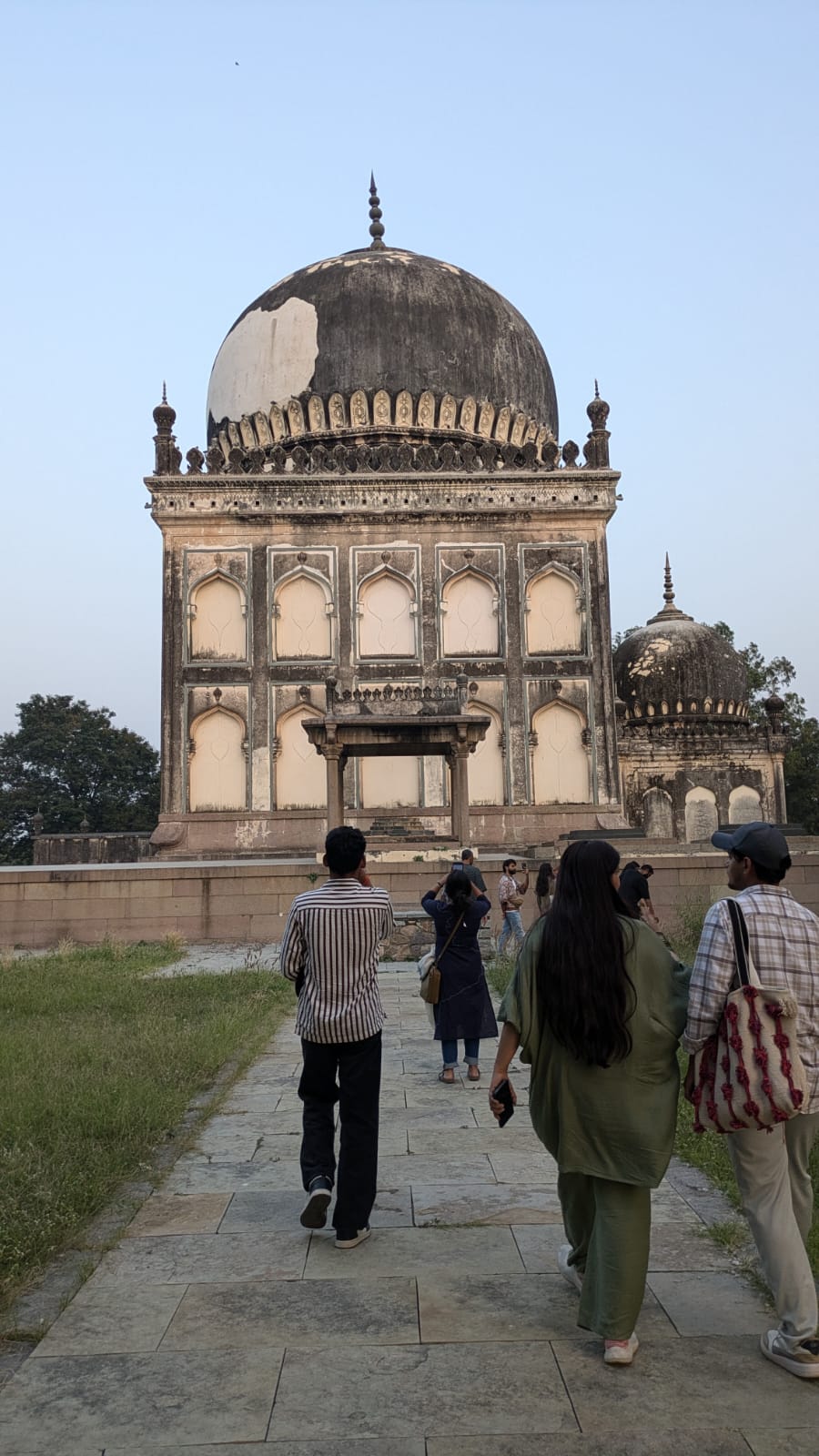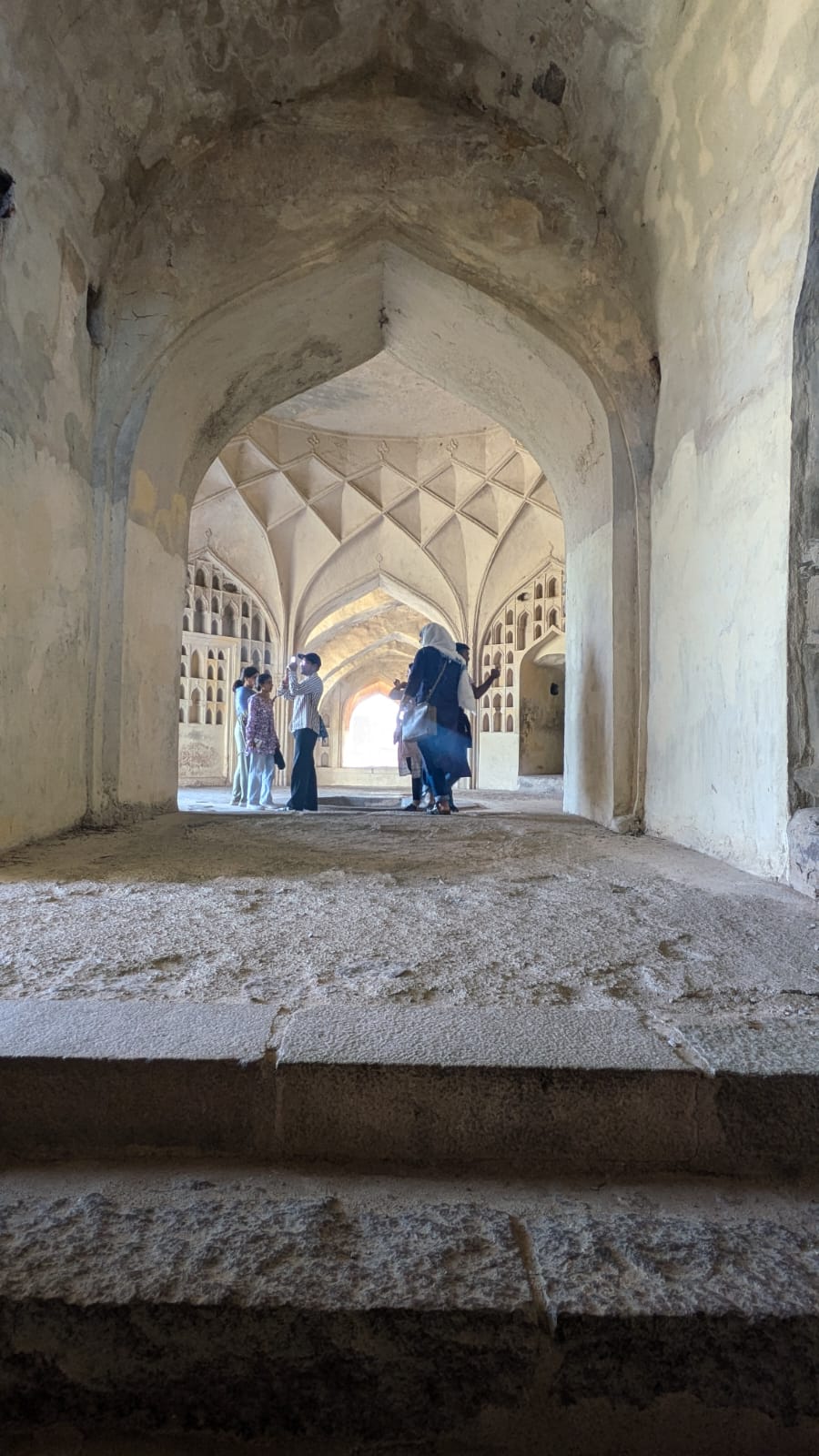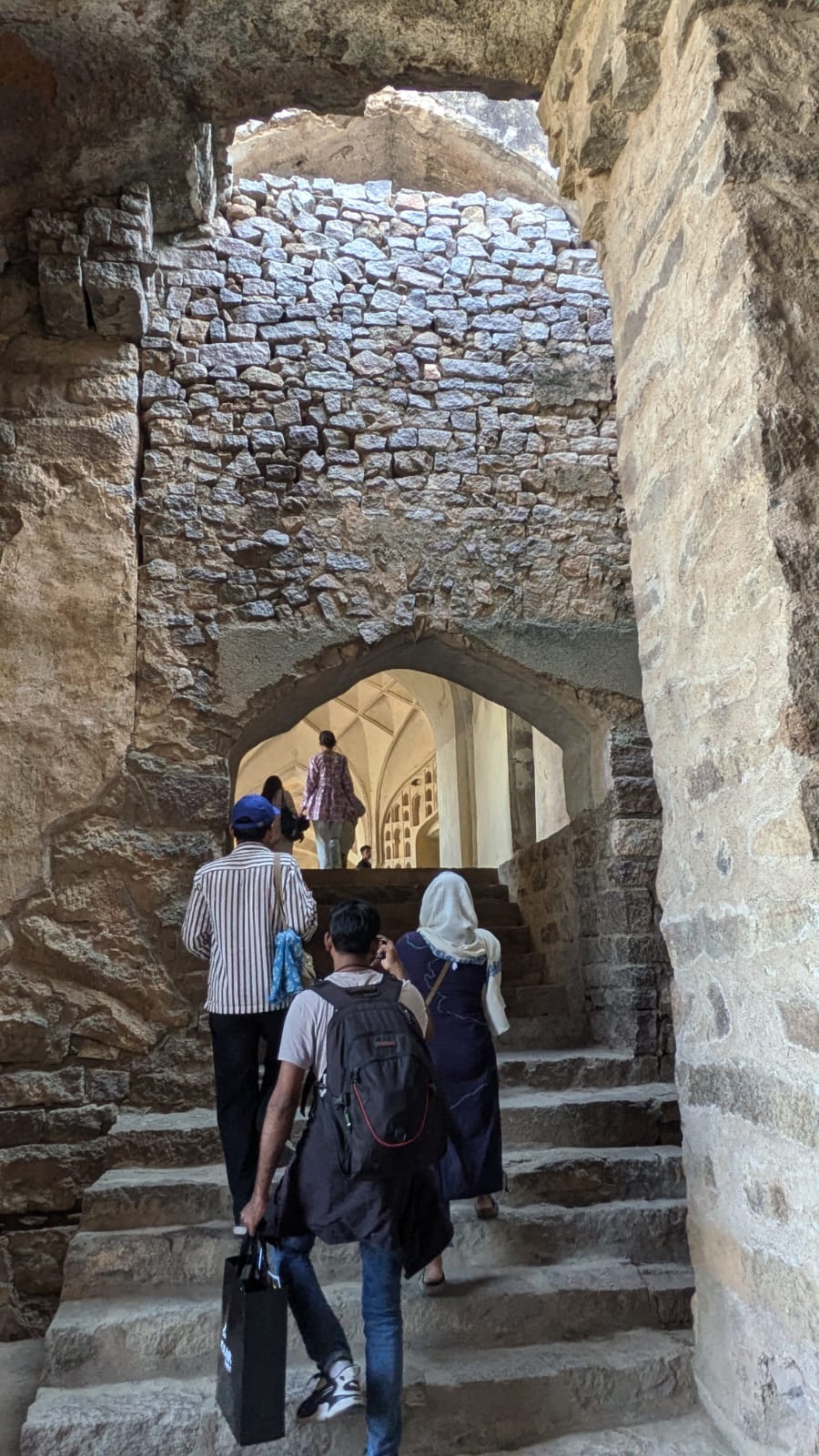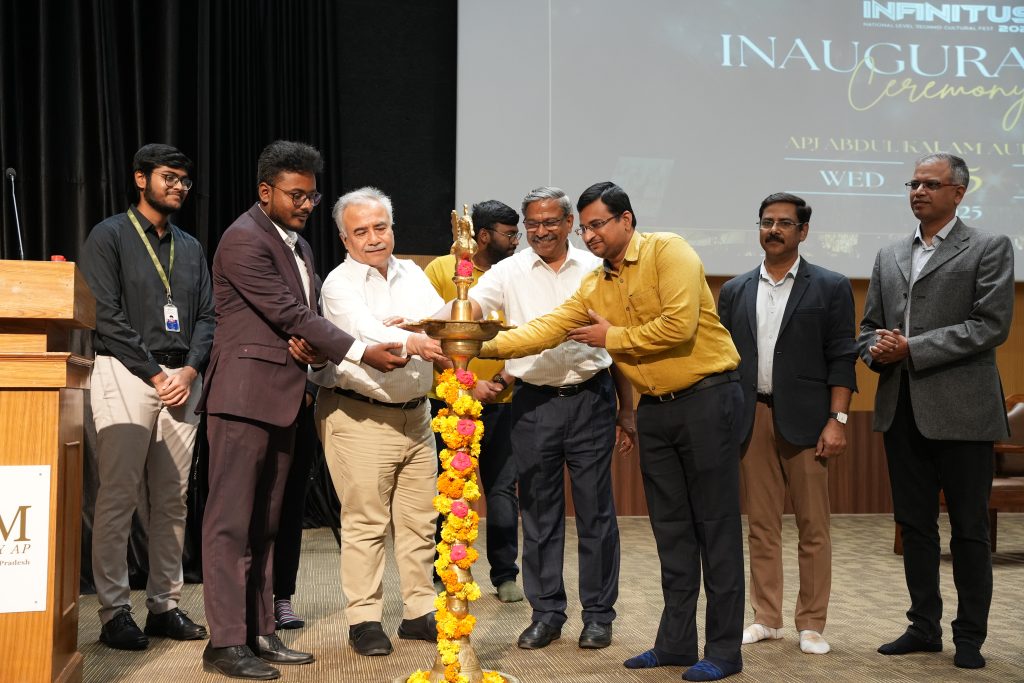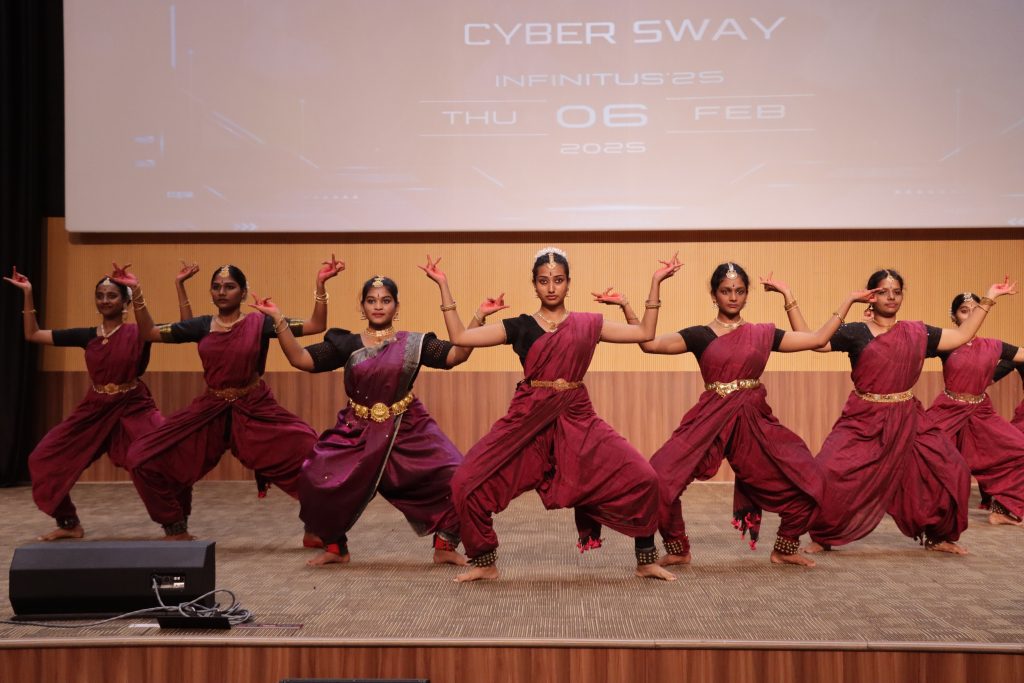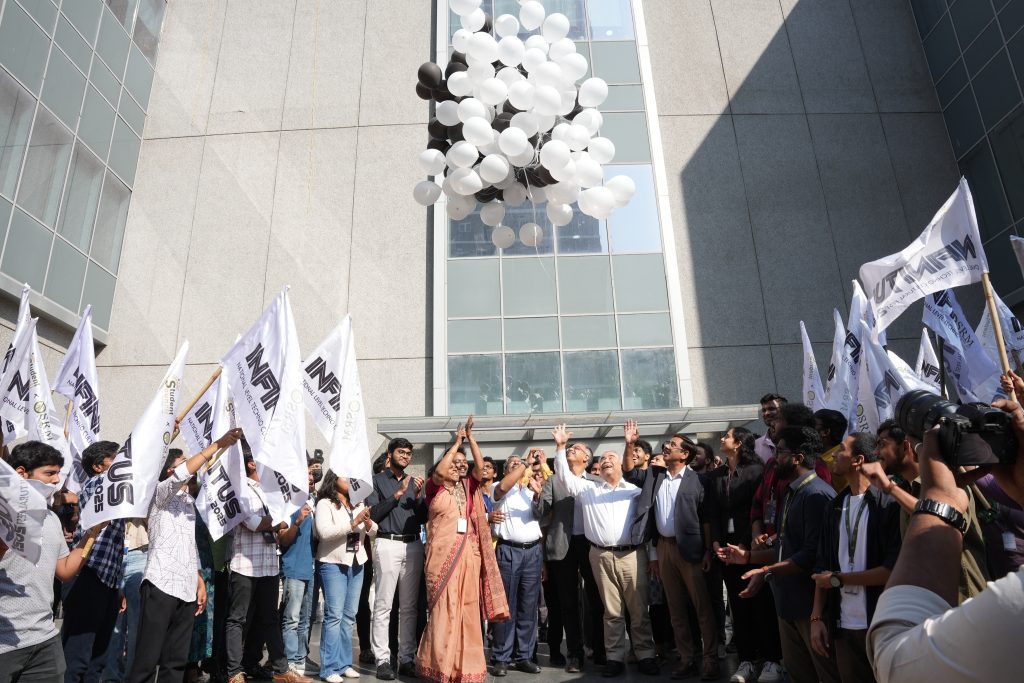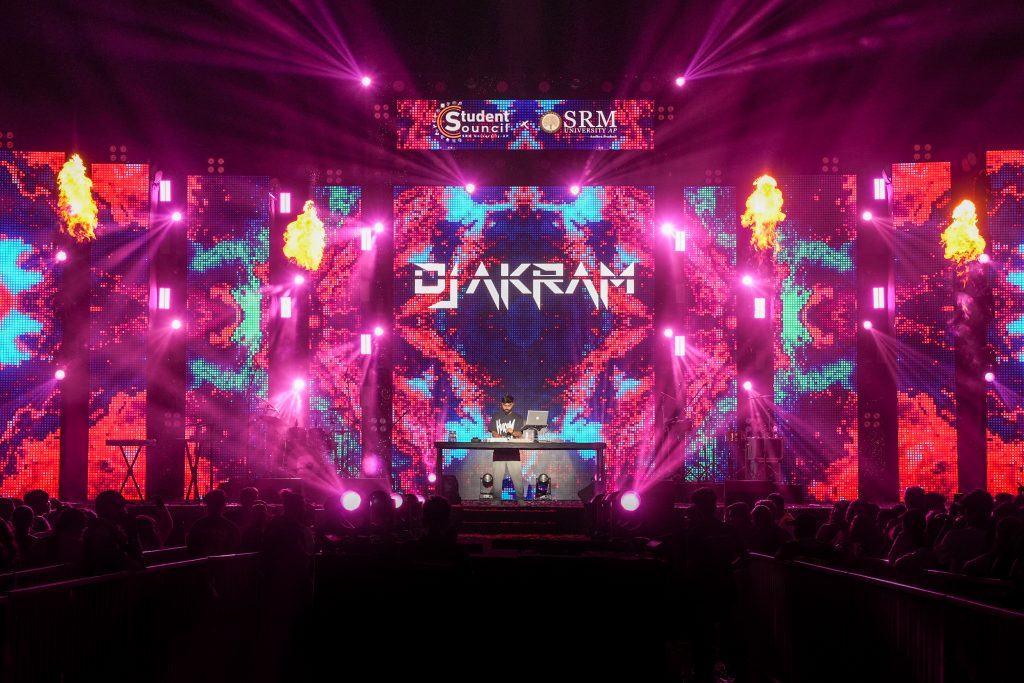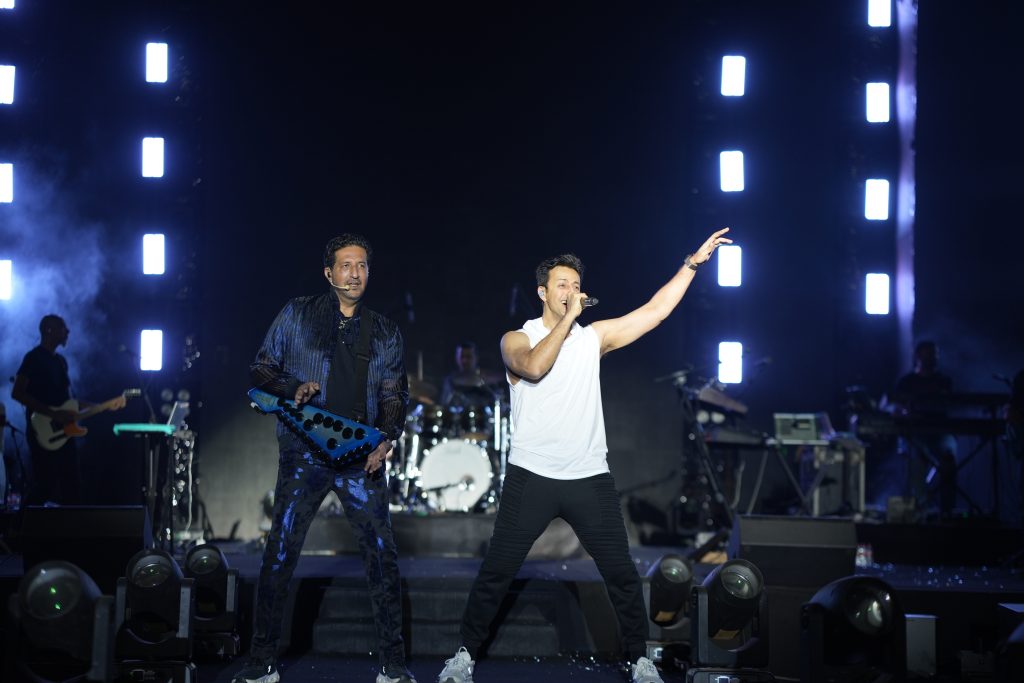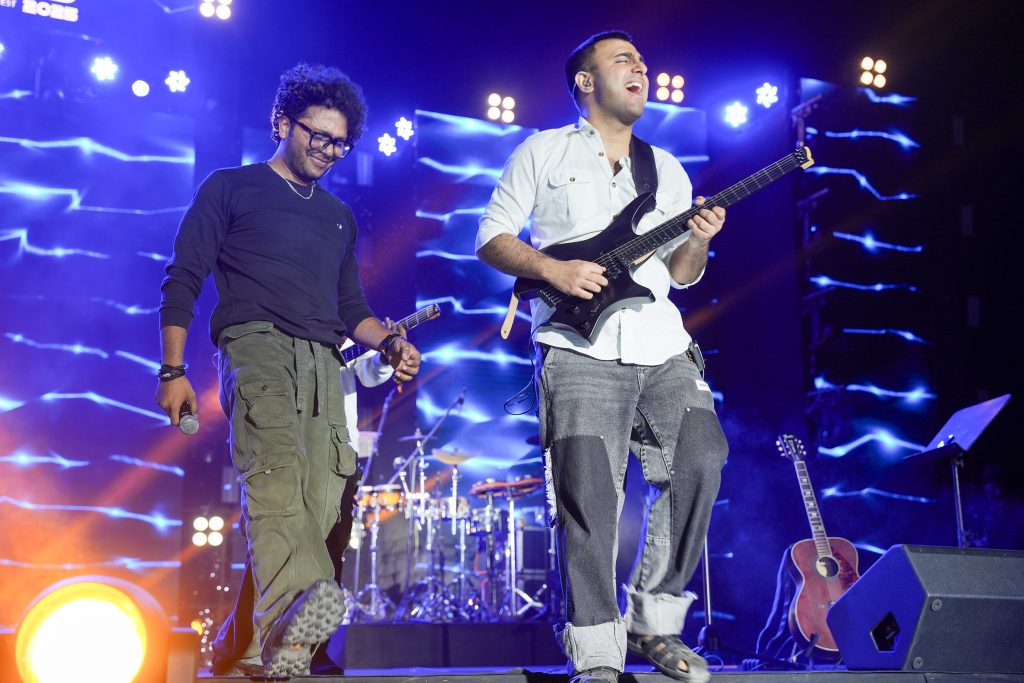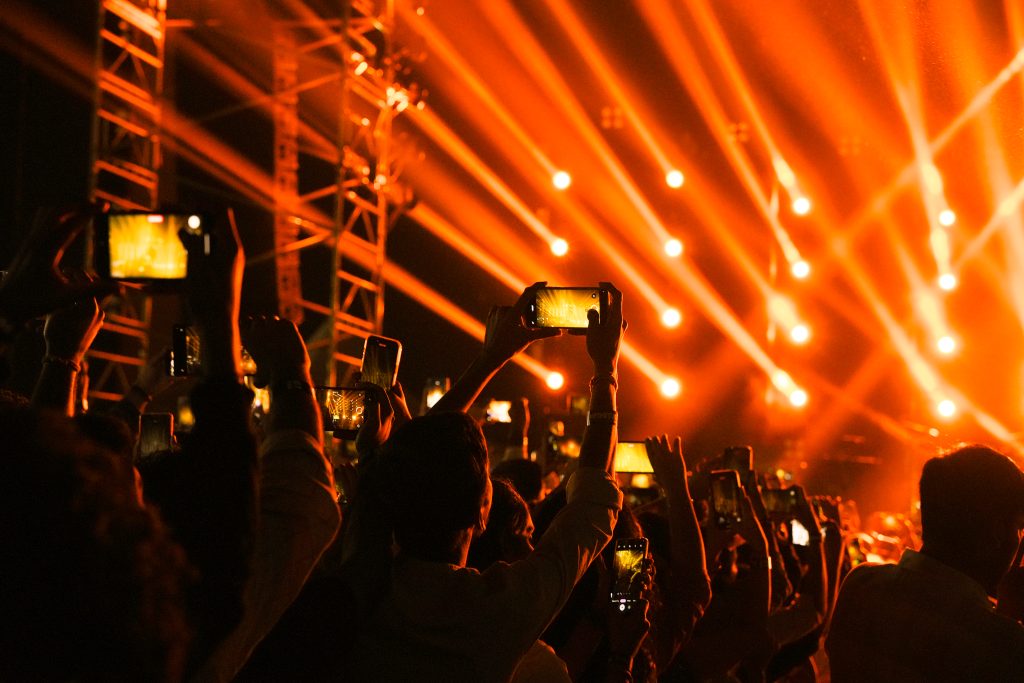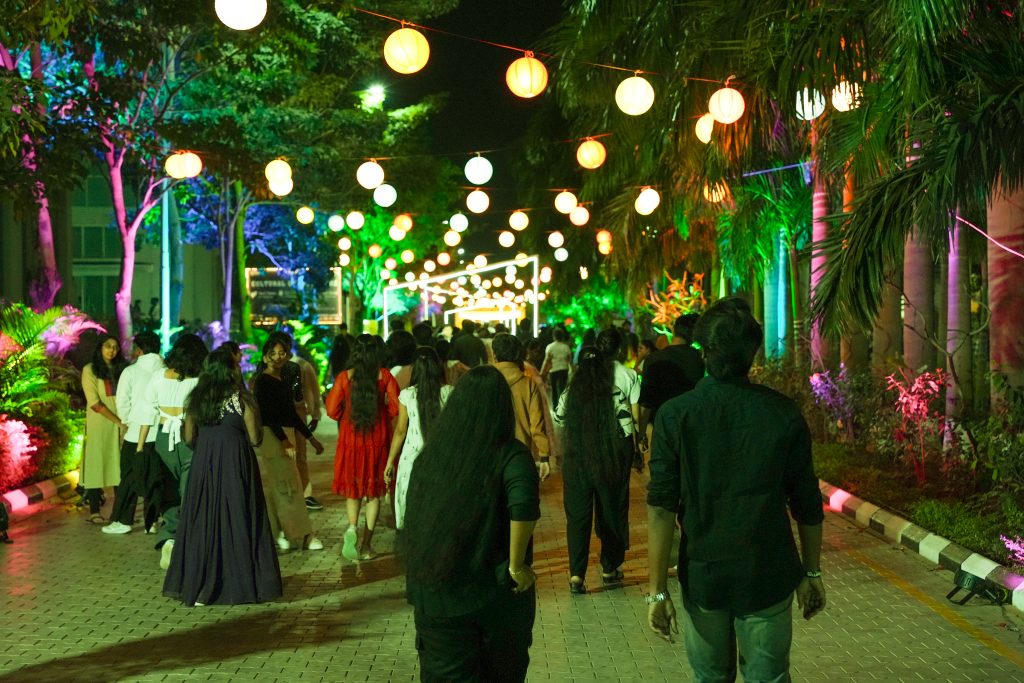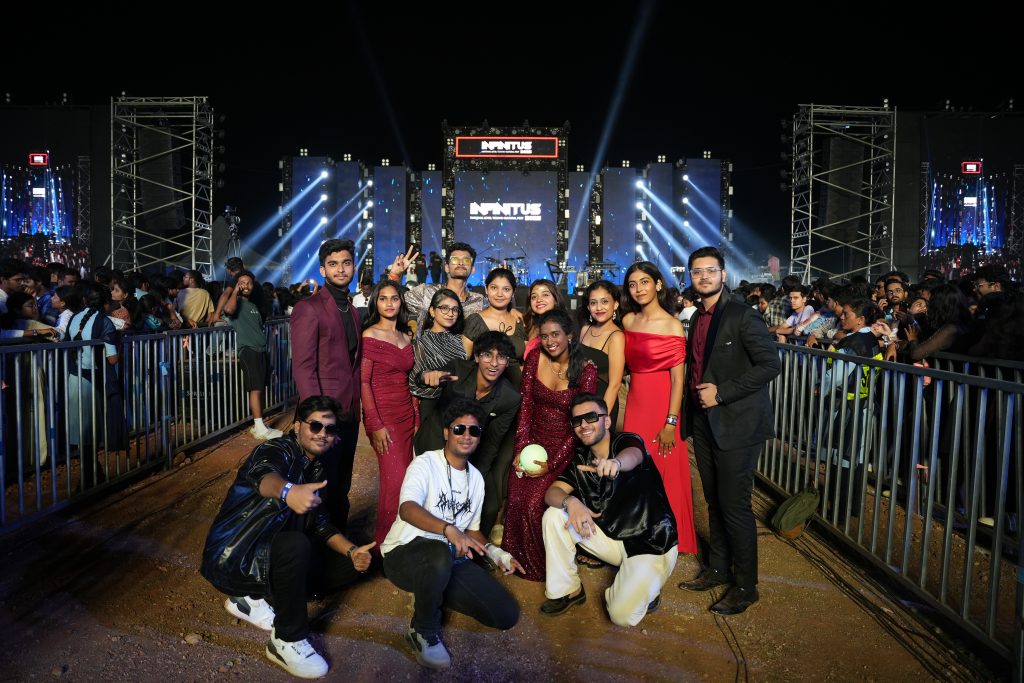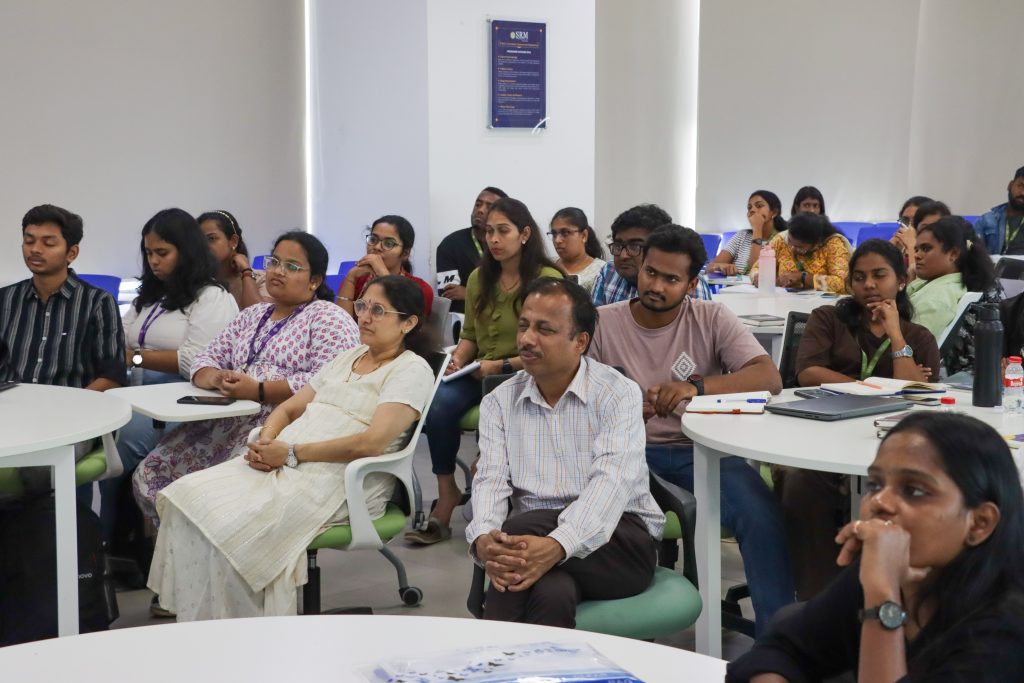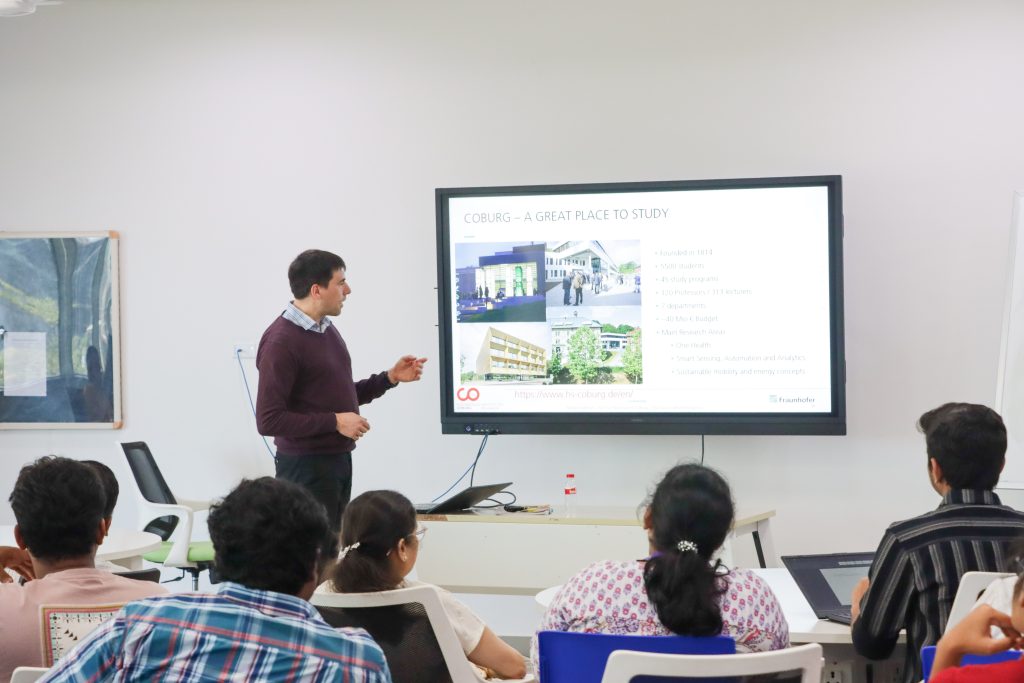SRM-AP All News
ALL News
- Patent on CBVR Published by Dr Jatindra Dash February 19, 2025
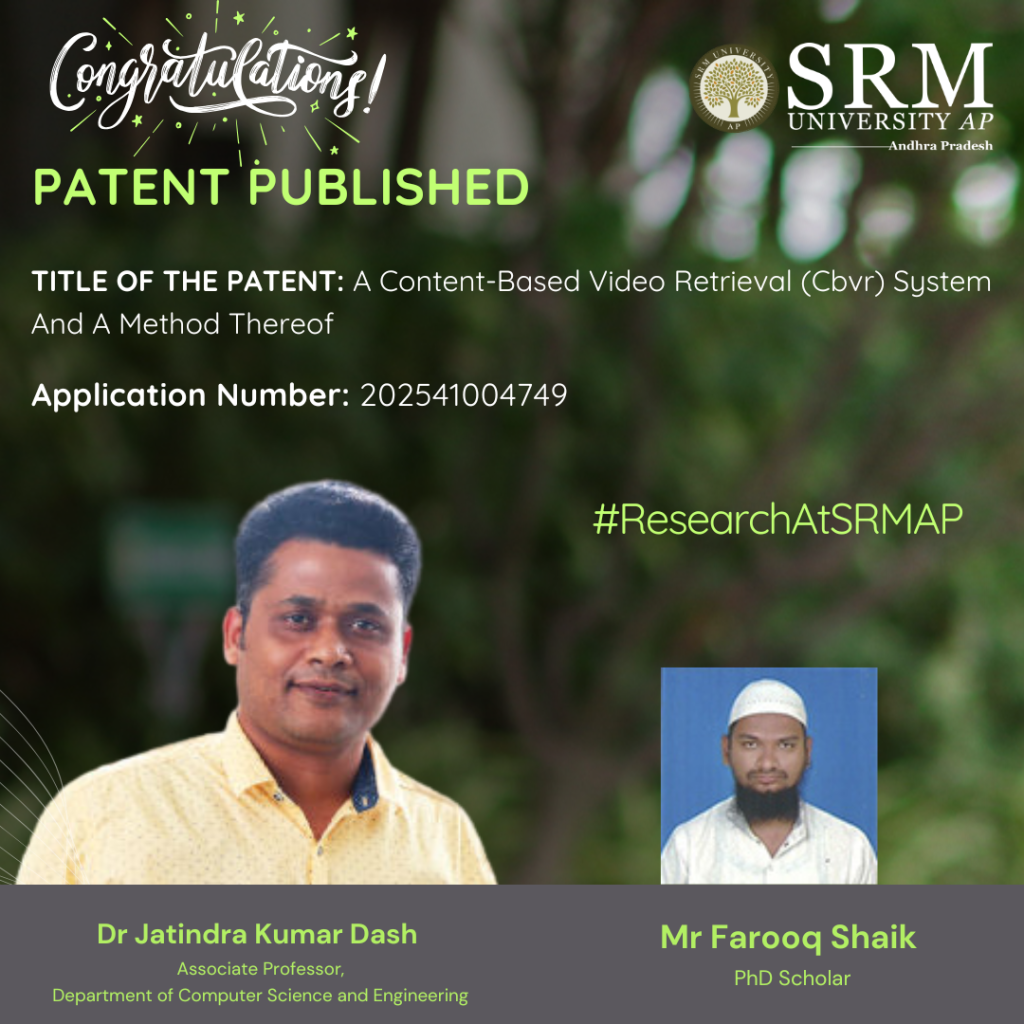 The Department of Computer Science and Engineering is delighted to announce the publication of a patent titled “A Content-Based Video Retrieval (CBVR) System and Method Thereof,” with application number 202541004749. The invention offers an efficient and accurate approach developed for content-based video retrieval by Dr Jatindra Kumar Dash, Associate Professor in the Department, along with his PhD scholar, Mr Farooq Shaik.
The Department of Computer Science and Engineering is delighted to announce the publication of a patent titled “A Content-Based Video Retrieval (CBVR) System and Method Thereof,” with application number 202541004749. The invention offers an efficient and accurate approach developed for content-based video retrieval by Dr Jatindra Kumar Dash, Associate Professor in the Department, along with his PhD scholar, Mr Farooq Shaik.Brief Abstract:
Imagine searching for a specific scene in a movie, not by remembering its title or actors, but by describing the action itself. This is the essence of content-based video retrieval (CBVR), a technique that searches for a video based on what’s inside it, rather than relying solely on manually assigned labels. Unlike traditional methods, which can be time-consuming, error-prone, and struggle with vast datasets, CBVR offers a more efficient and accurate approach. Our proposed system leverages the strong capability of deep learning, a subset of artificial intelligence, to analyse videos and extract their key characteristics. This process occurs in two stages: offline and online. Through the first stage, important features are extracted from all videos in the dataset and stored for future use. When a user submits a query video, its features are extracted in real-time (online) and compared to the stored features of all videos. The videos with features most similar to the query, essentially those with the “closest match” are then presented to the user. To capture the full essence of a video, our system employs a two-stream neural network architecture. This innovative approach allows us to extract both temporal features, which capture the changes and motion patterns within the video (think: someone running or jumping), and spatial features, which pivot about the static visual content of each individual frame (think: the objects and scene depicted).By utilizing a pre-trained neural network called ResNet-60, our system benefits from existing knowledge and can efficiently extract meaningful features from videos. To evaluate its effectiveness, we tested our system on the UCF101 dataset, a widely used benchmark consisting of 101 categorized videos. Our approach obtained accuracy 93,7\% for top 5 retrieval and 95.95\% for top 10 retrieval. The outcomes illustrate that our approach obtains superior accuracy compared to other state-of-the-art video retrieval methods.
Explanation in Layperson’s Terms:
Most of video searching platforms relay on meta data attached to video to search and retrieve videos. For example you tube utilize video name description attached to video while uploading. How ever this approach is time consuming, error prone, and need human intervention. Our proposed CBVR system aims to retrieve videos based on content of video similarity rather than meta tags. Proposed article utilized pre trained Deep neural network particularly ResNet-50 a convolutional neural network with residual skip connections to learn video representation by employing LBP representation and Temporal map of the video.
Practical Implementation and Social Implications
The research focus on CBVR a technique that enables users to search videos based on content rather than meta tags. It has many practical implementations in various industries, such as Surveillance and security (like to search large surveillance feed particular incident), Health care and medical imagining(where doctor retrieve similar medical video for faster diagnosis), Education , Entertainment.
The research has significant social implications such as Improved accessibility to information, enhanced public safety, Advancing ai in daily lifes. Using this system in smart cities and digital systems.
Collaborations
Experiments are conducted on publicly available Dataset on DGX-1 server available at our university premises. In future we may plan to collaborate with local authorities for real time video feed to enhance proposed method capabilities.
Future Research Plans
Further in to research our plan is to propose a robust system that can be scaled and applied to all scenarios of videos may it be Medical videos, Education. Further proposed method is supervised approach, we want to explore unsupervised methods to generalize video retrieval.
Continue reading →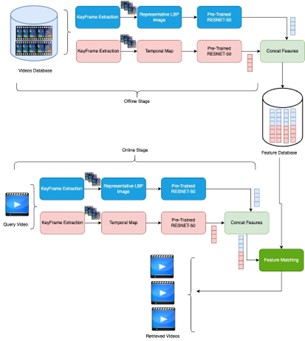
- Dr Debajyoti’s Research on Improving Biofuel Production February 19, 2025
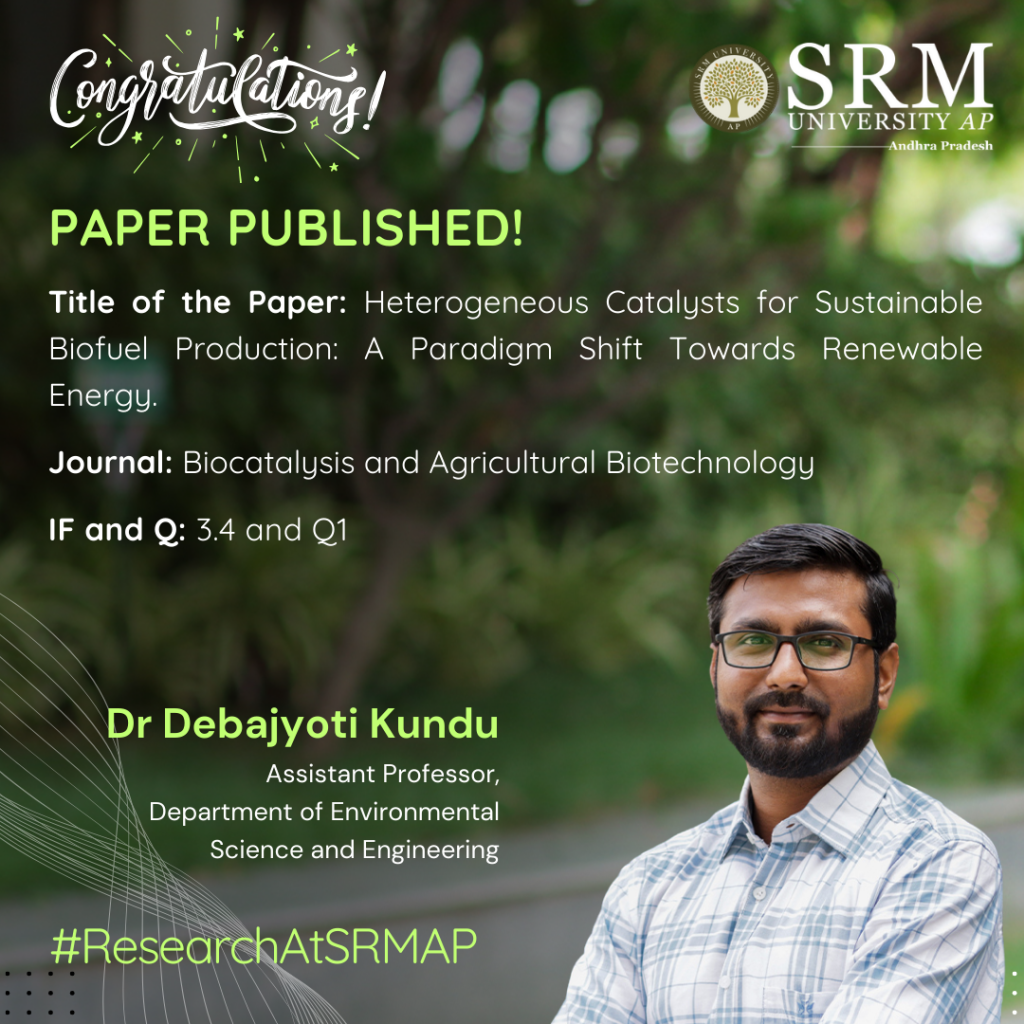 In the quest for sustainable energy solutions, Dr Debajyoti Kundu, from the Department of Environmental Science and Engineering, examines the potential of biofuels through his research paper – “Heterogeneous Catalysts for Sustainable Biofuel Production: A Paradigm Shift Towards Renewable Energy.” The paper highlights the importance of heterogeneous catalysts for improving biofuel production efficiency. The research also suggests future research to support sustainable energy practices.
In the quest for sustainable energy solutions, Dr Debajyoti Kundu, from the Department of Environmental Science and Engineering, examines the potential of biofuels through his research paper – “Heterogeneous Catalysts for Sustainable Biofuel Production: A Paradigm Shift Towards Renewable Energy.” The paper highlights the importance of heterogeneous catalysts for improving biofuel production efficiency. The research also suggests future research to support sustainable energy practices.Brief Abstract:
This study focuses on the use of heterogeneous catalysts for sustainable biofuel production. With the growing concerns around fossil fuel depletion and environmental pollution, biofuels derived from biomass are emerging as promising alternatives. The article explores the significant role of heterogeneous catalysts in enhancing biofuel production by improving conversion efficiency, recyclability, and environmental impact. By analyzing various biomass sources, structural compositions, and the application of catalysts in bioethanol, biobutanol, biodiesel, biogas, and biohydrogen production, the study highlights recent advancements and provides recommendations for future research to drive sustainable energy solutions.
Explanation in layperson’s terms:
This research looks at how we can produce more environmentally friendly fuels from natural materials like plants and waste. Traditional fuels like oil and coal are harmful to the environment, so we are turning to biofuels made from biomass (such as plants) as a cleaner alternative. A key part of making biofuels efficiently is using special catalysts—materials that help speed up chemical reactions. The study examines how different catalysts are used to convert biomass into biofuels such as bioethanol, biodiesel, and biogas. The goal is to improve the processes, making biofuels more sustainable and accessible for the future.
Practical Implementation and Social Implications:
This research has significant implications for advancing renewable energy. The use of heterogeneous catalysts can make biofuel production more efficient and environmentally friendly, reducing reliance on fossil fuels and mitigating climate change. By optimizing biofuel production processes, we can develop cleaner energy solutions that are sustainable, carbon-neutral, and beneficial for the environment. This study also supports the ongoing shift towards renewable energy, ensuring that biofuels can contribute to reducing global energy crises and health risks associated with fossil fuel use.
Future Research Plans
Our future research will focus on the development and optimization of biocatalysts for the bioconversion of biomass into biofuels. We aim to enhance the efficiency and sustainability of biocatalytic processes, exploring new catalysts and reaction conditions that can improve the conversion of various biomass feedstocks into valuable biofuels. This research will contribute to advancing biofuel production technologies, with an emphasis on reducing environmental impact and improving the scalability of bioconversion processes for renewable energy solutions
Continue reading → - Insights into Success in the Corporate Environment February 17, 2025
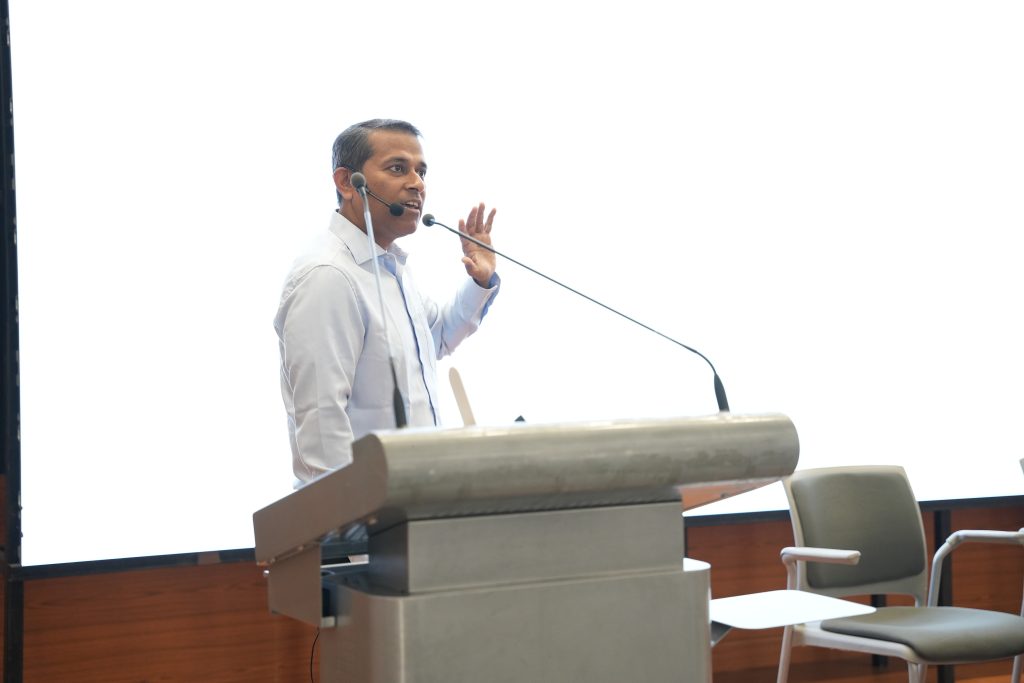
The Department of Management organised a Guest Talk on the topic “The Commercial Real Estate Industry; Trends & Insights” on January 17, 2025. Mr Dibashish Ghosh, Senior Vice President and Country HR Head at Berkadia delivered an insightful session on the transition from Campus to Corporate. With over 18 years of extensive experience in human resources, Mr Ghosh has successfully led global organisations and Indian conglomerates, including GE and Genpact, in key leadership roles. His expertise, spanning organisational culture transformation, change leadership, and talent management, gave professional tips to MBA students by sharing real-world experiences, challenges and strategies for success in the corporate environment.
The session provided a holistic perspective, enabling students to connect theoretical knowledge with real-world applications in the Financial Services and Commercial Real Estate domains. The talk focused on enhancing Real Estate Industry awareness—the trends, challenges, and opportunities; Understanding the Key Financial Components and their integration with real estate investments; Knowledge of Asset classes and opportunities for investing in Commercial Properties; Practical insights into investment and mortgage banking; Impact of Regulatory and economic factors; Networking and mentorship; and Preparation for Corporate Roles.
Continue reading → - Tech Wizards Claim South Zone Title at Nation Building Competition February 17, 2025
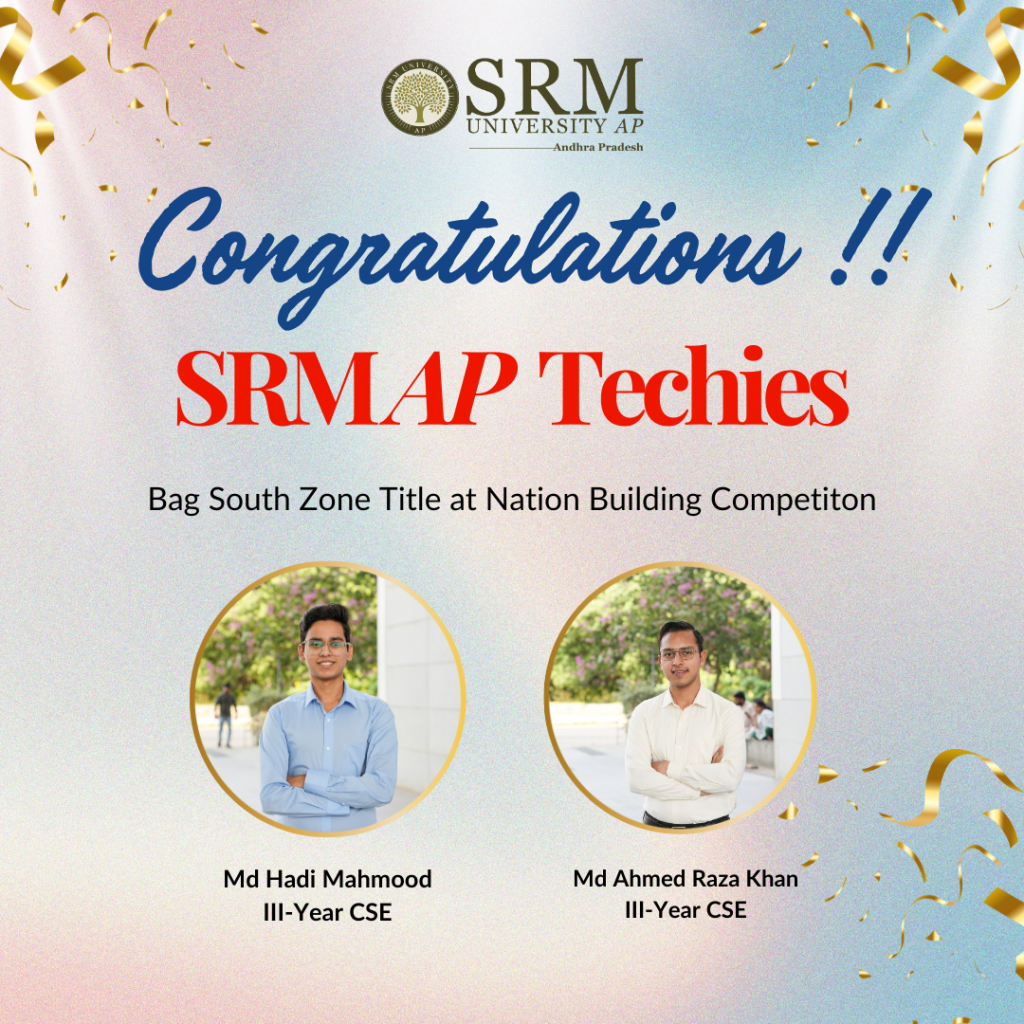
In a world where the potential of GenZs is often questioned, two of our students, Md. Hadi Mahmood and Md Ahmed Raza Khan have proven that their engagement can deliver meaningful change. These III-year BTech CSE students have showcased an inspiring display of their intellect and innovative prowess at the Nation Building Case Study Competition, an annual event that aligns with the “Viksit Bharat” initiative led by Hon’ble Prime Minister Shri. Narendra Modi, inviting college teams from across the nation to develop creative strategies aimed at transforming India into a developed country by 20247.
Here’s an excerpt of their interview:
1. What was the competition/event about?
The NationBuilding Case Study Competition is an annual event organised to inspire young college students to contribute to India’s development by addressing critical national issues. Participants engage in a 2-month-long journey involving multiple rounds, including an online quiz, presentation submissions, zonal finals, and the national finals in New Delhi. The competition is judged by a distinguished panel of experts in the given domain.
This year’s competition, NationBuilding Case Study Competition 2025, focused on the problem statement of identifying the gaps in India’s sports environment. Participants were tasked with studying the sports systems of other countries, analysing their strengths, and drafting a model to achieve India’s vision of hosting and winning 100 medals in the Olympics by 2036. This theme aimed to encourage innovative solutions to elevate India’s standing in global sports and align with the broader goal of nation-building.
2. What place did you secure?
We secured the 1st rank in the South Zone during the third round of the competition, competing against teams from multiple prestigious institutions. This achievement has advanced us to the national finals, where we will compete against the top 2 teams from each of the six zones: North, South, East, North East, West, and Central.
3. How did you find out about the competition?
We discovered this opportunity on the Unstop platform. The NationBuilding Case Study Competition is widely recognised and attracts thousands of teams annually, making it a highly sought-after event for students across India.
4. Who were your competitors
In the South Zone, we competed against 10 teams from premier institutions. The competition was intense, as participants brought innovative solutions to the table, reflecting the high level of talent and dedication among the youth.
5. Your feelings on advancing this far and future aspirations.
We are excited to have advanced to the national finals. Competing against the best teams from across the country is both a challenge and an opportunity to showcase our strategic thinking and problem-solving skills. This competition has allowed us to apply our skills & knowledge to real-world issues, which has been incredibly rewarding. We look forward to the final round and hope to contribute meaningfully to the vision of a developed India.
Continue reading → - Developing Organic Thin-Film Transistors into Biosensors February 17, 2025
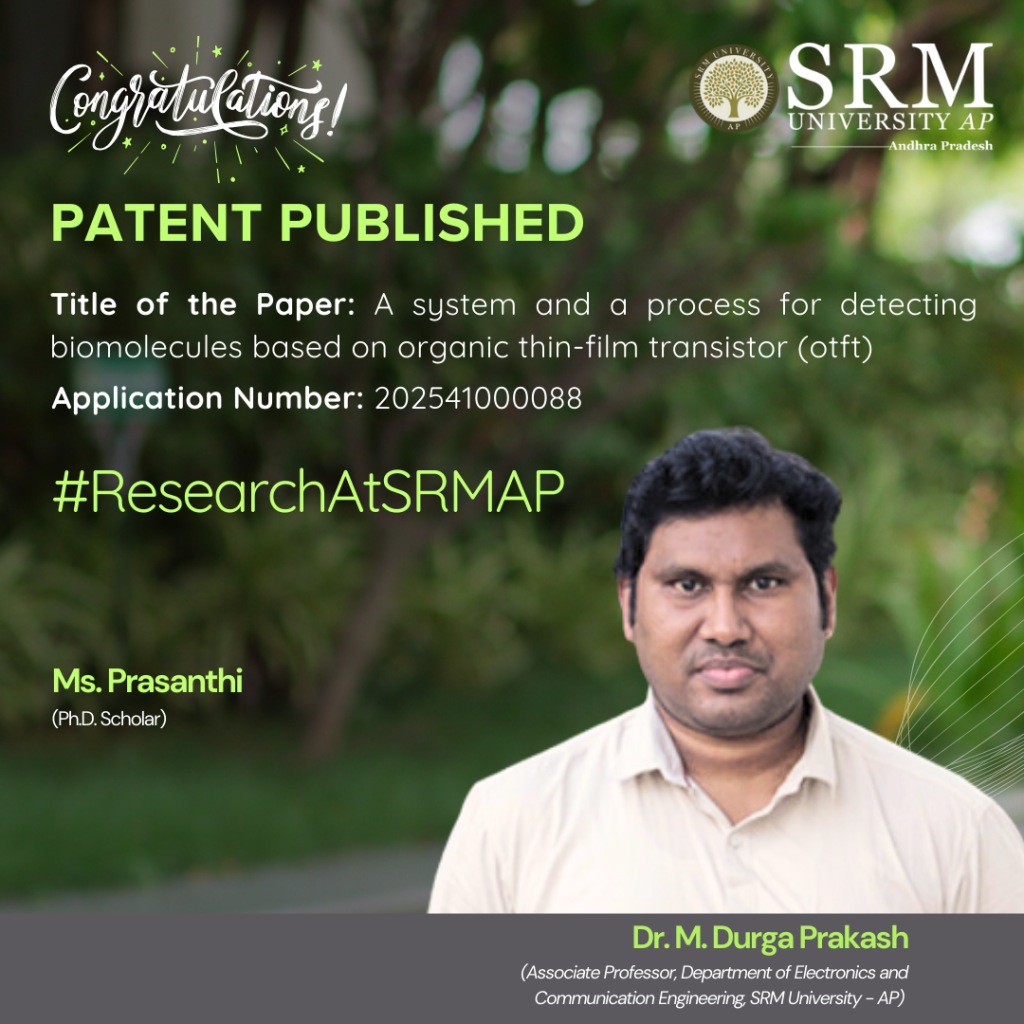
The Department of Electronics and Communication Engineering is proud to announce that Dr Durga Prakash M and his scholar Prasanthi Ms Prasanthi Lingala have their invention titled “An Organic Thin-Film Transistors (OTFTs) with Steep Subthreshold and Ultra-Low Temperature Solution Processing for Label-Free Biosensing” published in the Indian Patent Office Journal with the Application Number: 202541000088. Their research focus on developing an Organic Thin-Film Transistor (OTFT) that is able to work as a biosensor in detecting diseases or for real-time health monitoring.
Abstract
Organic Thin-Film Transistor (OTFT): The name “organic thin-film transistor” (OTFT) refers to a type of transistor that employs organic semiconductor materials in its active layer rather than the more traditional inorganic materials such as silicon. Optical thin-film transistors (OTFTs) are distinguished by their adaptability, low fabrication cost, and optimal applicability for electronic devices that are lightweight and portable. Considering their high sensitivity to changes in the surrounding environment and their compatibility with functionalised layers for the detection of biomolecules, these transistors find widespread application in the field of biosensors.
Explanation of the Research in Layperson’s Terms
Imagine a flexible electronic switch that can be bent, stretched, and used in lightweight devices—this is what an Organic Thin-Film Transistor (OTFT) does! Unlike traditional transistors made from rigid silicon, OTFTs use special organic materials, making them more adaptable for wearable sensors, flexible displays, and medical devices.
The research focuses on how these transistors can be used as biosensors, meaning they can detect tiny changes in the environment, like the presence of certain chemicals or biomolecules. This is important for medical testing, where OTFTs could help develop low-cost, highly sensitive diagnostic tools—imagine a simple patch that can detect diseases from sweat or a flexible sensor for real-time health monitoring! By improving how OTFTs interact with biological substances, the team aims to make them more accurate, efficient, and reliable for next-generation healthcare and wearable technology.
Continue reading →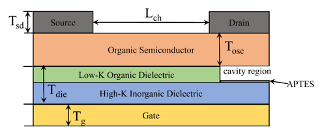
Fig.: Schematic structure of DNTT based OTFT
- Theory-Experiment Dialogue on Big Bang Nucleosynthesis February 14, 2025
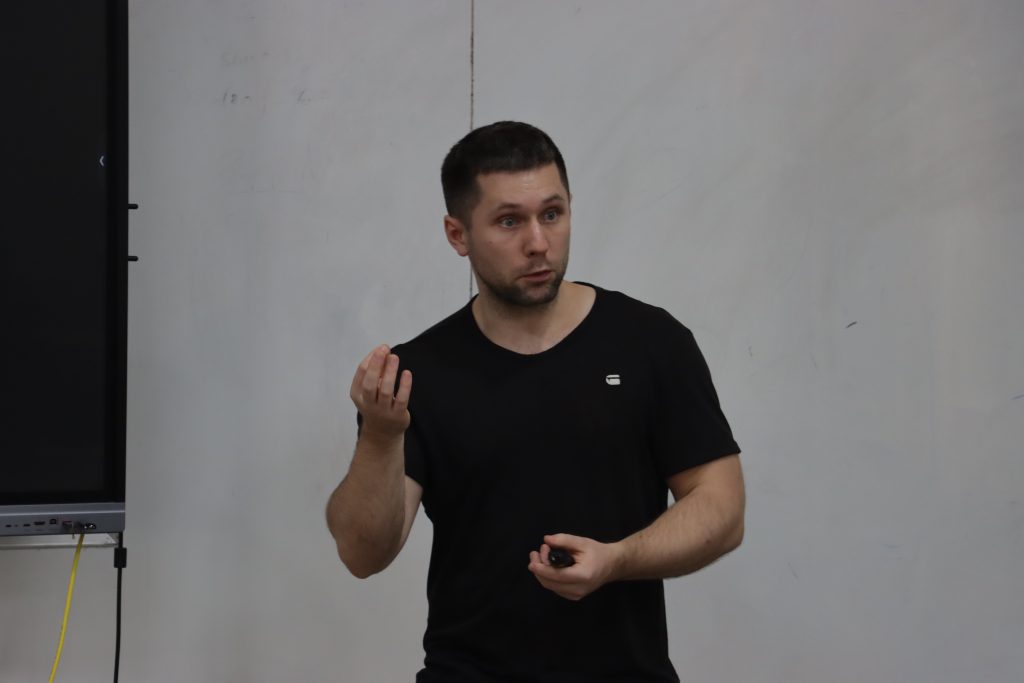
The Department of Physics organised a Department Research Seminar on February 05, 2025, that offered a theoretical expression on Big Bang Nucleosynthesis. The seminar, which unravelled as a theory-experiment dialogue, also delved into interesting topics like Quantum Field Theory and General Relativity. Dr Martin Schaefer, nuclear physicist from the Department of Theoretical Physics Nuclear Physics Institute, Czech Academy of Sciences was the keynote speaker of the session.
The key idea of this session was to understand the means of the Big Bang and the Standard Model Lagrangian Method. Dr Schaefer discussed the nuclear reactions that formed the early universe and had an interaction session with the participating students and scholars.
The workshop was based on ‘Big Bang to Now: Exploring the Origins of the Universe’ with Nuclear Processes during Big Bang Nucleosynthesis. It focused on understanding the universe’s origins and the nuclear processes responsible for its birth during Big Bang nucleosynthesis.
Big Bang Nucleosynthesis (BBN) refers to the process that occurred roughly 10 seconds after the Big Bang when the temperature of the universe dropped enough for atomic nuclei to form. This has led to the creation of stable elements such as helium and lithium isotopes, which played a crucial role in the evolution of the universe. The specific abundance of these elements provides observable imprints in the universe today, helping scientists validate theories like the Hot Big Bang Model and the Standard Model of particle physics.
The study of BBN allows scientists to understand the fundamental forces and nuclear interactions that governed the early universe. Dr Martine Schaefer provided insightful and educative information by helping scientists test the hot Big Bang theory. The session proved to be an incredible platform for scholars, students, and faculty to collaborate and discuss theoretical and experimental physics.
Continue reading → - MoU with SHRI Opens New Pathways in Medicine February 12, 2025
In an effort towards enhancing academic and research capabilities, SRM University-AP and Samishta Hospital and Research Institute (SHRI) formalised an understanding on scientific cooperation in biological sciences and other areas of mutual interest. The MoU signing ceremony that took place at SRM University-AP and was signed by Dr R Premkumar, Registrar- SRM University-AP and Dr Kalyan Chakravarthy, Managing Director-Samistha Hospital and Research Institute, Guntur in the presence of Dr Sandeep and Dr Ravi Teja, Dr Varun, Dr Ramakrishna, Dr Gnana Prakash Doctors from SHRI and Prof. C V Tomy, Dean-School of Engineering and Sciences; Prof. Ranjit Thapa, Dean-Research; Prof. Jayaseelan Murugaiyan, Associate Dean-Sciences (Admission Outreach and Research Collaborations); Assistant Professors at the Department of Biological Sciences-Dr Sutharsan Govindarajan, Dr Anil K Suresh, Dr Prateek Gupta among others.
The MoU will open pathways for collaborative opportunities in research and academics, fostering joint research projects and funding possibilities while also emphasising the importance of skill development through seminars organised by both the institutions.
Registrar Dr R Premkumar highlighted the significance of this partnership and the potential outcomes of the joint venture. Dr Sutharsan Govindarajan thanked the team from Samistha Hospitals and Research Centre for joining hands and taking the phase therapy from bench to bedside. This MoU between the two institutes of eminence aims to create a dynamic environment for innovative research that will benefit not just our institutions but also the society in general.
Continue reading → - Field Trip to Hyderabad: A Journey of Education, Culture, and Adventure February 11, 2025
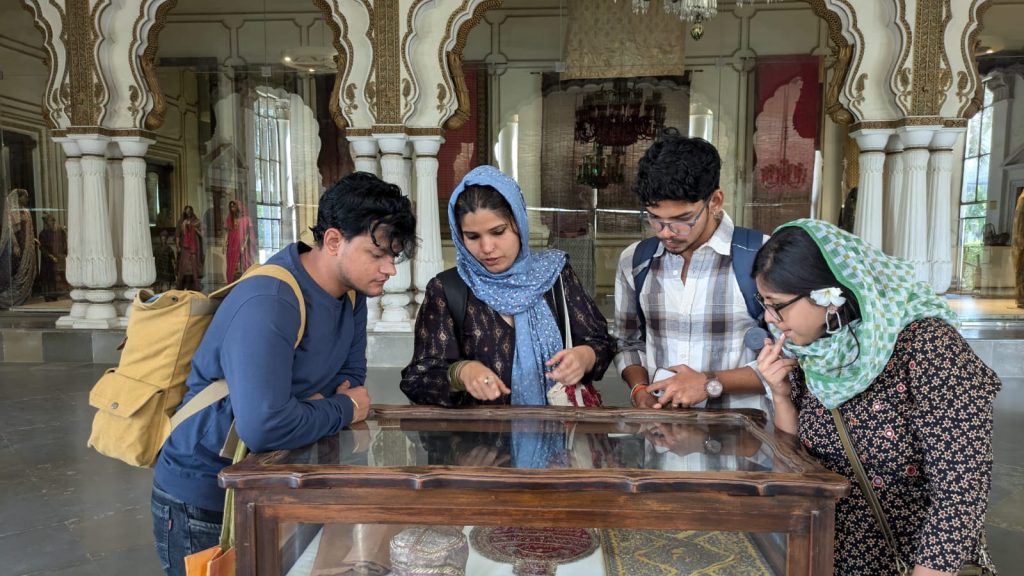
The 5th Semester B.A. History students went on a field trip to Hyderabad as part of their courses ‘Medieval India’ and the ‘Eighteenth Century in Indian History’. Dr Aqsa Agha, Course Coordinator, and Dr Manaswini Sen led the study group to explore the city’s historical and cultural significance, enhancing their learning outside the classroom for the two courses.
The group visited Charminar, exploring the iconic monument and its surrounding bazaars, Golconda Fort, discussing its history and architecture with a Heritage Walk Practitioner from Hyderabad, and finally the Qutb Shahi Tombs and gardens, a standing testament of Indo-Persian architectural excellence.
The field trip provided students with a refined exposure to the diverse culture and history of Hyderabad and the historical context of the evolution of the culture of the city. The students had a wonderful chance to visit the important historical monuments and urban morphology that mark the period of study in the courses on Medieval and Eighteenth-century Indian History.
The field trip fostered a deep understanding of the respective courses, inspiring students to explore beyond books and classrooms.
Continue reading → - Techno-Cultural Fest INFINITUS’25 Wrap up with a Bang February 10, 2025
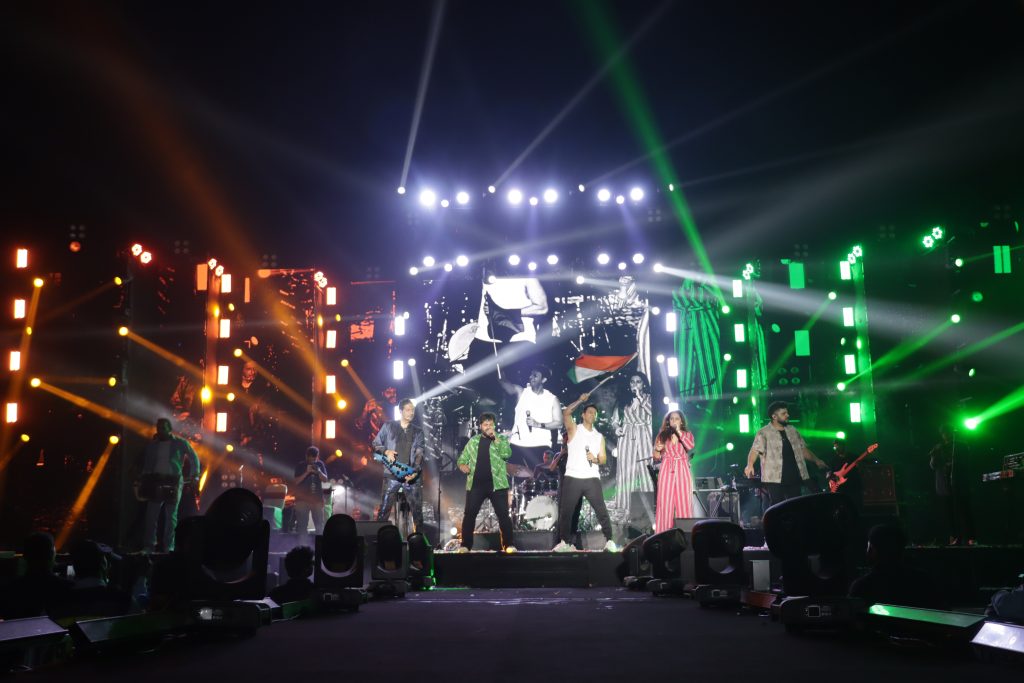
The four-day Techno-Cultural Fest, INFINITUS’25, from February 05-08, 2025, has come to a showstopping end at SRM University-AP. An incredible lineup of artists featured on the final two days of INFINITUS’25, including renowned music composer-performer duo Salim-Sulaiman Merchant. The duo and their team enthralled the audience with their popular hits and electrifying performances, transforming the campus into a captivating concert where they showcased an unforgettable stage.
The cultural performances also included a stand-up comedy act by Hoody, mesmerizing songs by Ram Miryala and a final showdown by DJ Akram. The performing artists set the stage ablaze with their incredible zeal and talent, and the grounds of SRM University-AP became a platform for fun, creativity and enjoyment.
The techno fest, a central highlight of INFINITUS 2025, commenced with great enthusiasm and an immense exhibition of talent. The inaugural function witnessed Vice President of PowerTrain at Volvo Group, Mr Kishan Sreenath, as the Chief Guest along with Vice Chancellor, Prof. Manoj K Arora; Registrar, Dr R Premkumar; Director of Student Affairs, Mr Anil Kumar Nigam; Chief Club Advisor, Dr Sujith Kalluri; and Student Council President, Mr B V S Laksman.
Chief Guest Mr Kishan Sreenath commended the ethos behind INFINITUS ‘25. He also highlighted the importance of problem statements in hackathons and their crucial role in advancing technology. Mr Kishan stressed how platforms such as INFINITUS ‘25 foster collaboration among individuals with varying backgrounds, benefiting society.
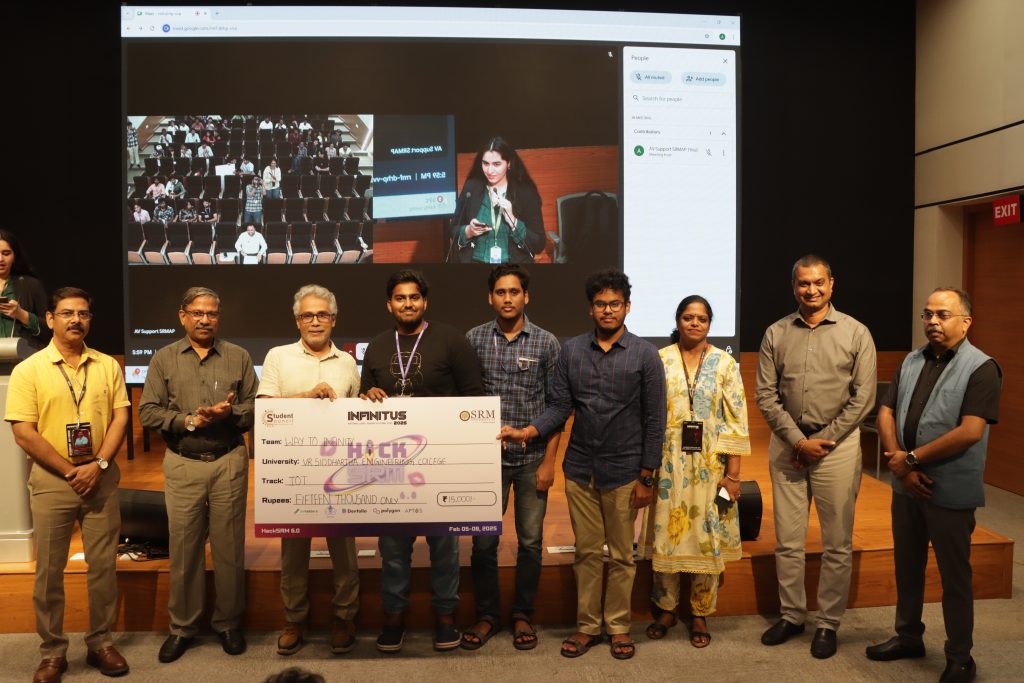
The HACK SRM Challenge was the standout event among the technical events, with 22 hours of nonstop hacking, six tracks, a grand prize pool of ₹ 1 Lakh, and ₹75k worth of sidetracks. Some of the other technical competitions of the fest included FIFA, Valorant, BGMI, Bullet Echo, and Rapid UI, to name a few. Navacharak bagged the 1st prize, followed by Pinterest Gillies in the Hack SRM Challenge, winning prize money of 50k and 30k, respectively. The winners of the techno expo- Mahammad Hassain, Yella Reddy, Sai Kumar, and Charmi bagged the prize money of 10k.
The final day of the Techno-Cultural Fest also hosted the much-awaited Mr and Ms Fresher competition, where the brightest, most talented, and deserving candidates were chosen as the title winners. Mr Aashir, a first-year B.Tech. student, and Ms Pratyusha, a first-year M.Sc. student, were selected as Mr and Ms Fresher, respectively. Other cultural programmes included Tech Tales, Cyber Vogue, Cyber Sway, Cyber Tunes and Glitch Stage where participants put on exemplary performances and won spectacular prizes. INFINITUS’25, organised under the aegis of the Directorate of Student Affairs and the Student Council of the university, was a resounding success, a memorable experience celebrating innovation, talent and creativity./p>
Continue reading → - Prof. Stefan Kalkhof on Advancing Biomaterial Design February 10, 2025
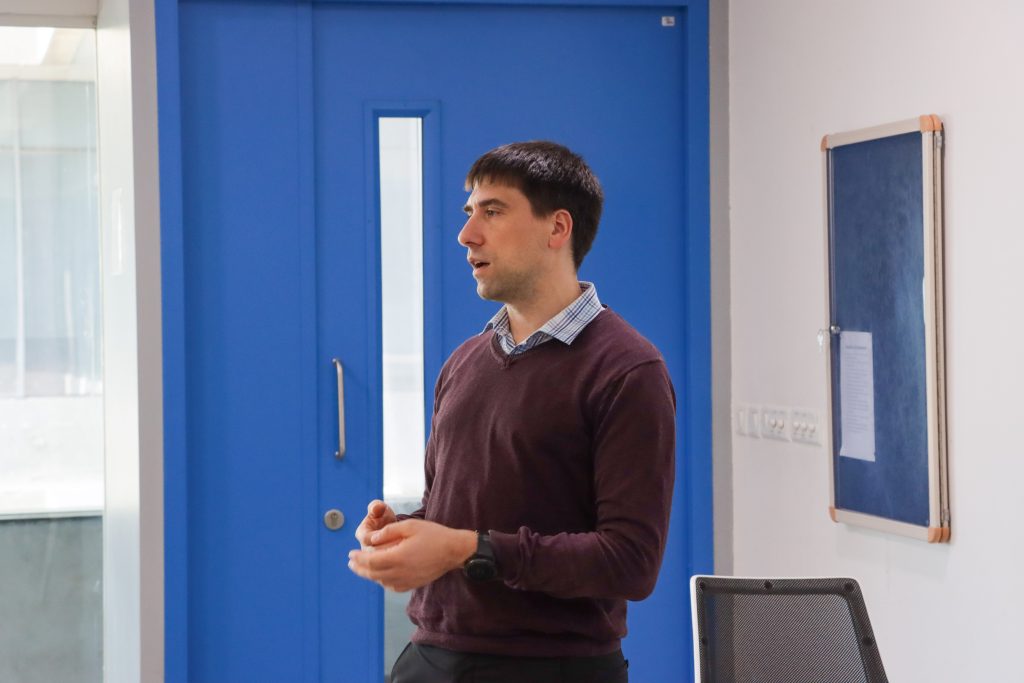
The Department of Biological Sciences organised an expert talk on “Guiding Biomaterial Design Through the Power of Omics Technologies” by Prof. Stefan Kalkhof on February 05, 2025. Prof. Kalkhof, a distinguished member of the Faculty of Applied Natural Sciences, Coburg University of Applied Sciences, Germany, and Head of the Proteomics Research Group at the Fraunhofer Institute for Cell Therapy and Immunology (IZI), Germany, began the session with an introduction to Coburg University, highlighting its rich academic history and research contributions, followed by a brief overview of the Fraunhofer Institute for Cell Therapy and Immunology (IZI), which is dedicated to developing the medicine of the future through innovative research in cell therapy and immunology.
Prof. Kalkhof’s talk focused on the potential of mass spectrometry-based proteomics and its wide-ranging applications in biomedical research. He emphasised how this advanced technology helps study the structure and function of drug targets, develop cancer-specific drugs, design functional implants, understand bacterial infections, and assess the toxic effects of chemicals.
A significant part of the discourse revolves around bone implants and tissue regeneration. He explained that although bones naturally regenerate, certain conditions, such as Type 2 diabetes and other metabolic disorders, may need bioactive scaffolds to promote healing. These smart scaffolds are designed to stimulate active tissue regeneration.
Prof. Kalkhof also spoke about the importance of proteomics technologies in regenerative medicine. He highlighted how mass spectrometry at the protein level plays a crucial role in healing, diagnostics, and drug development. His discussion extended to bioactive functional implants, a field that offers vast opportunities for materials scientists, chemists, toxicologists, and medical researchers.
The session also covered clinical trials and experimental models used to evaluate bioactive scaffolds, including in vitro and in vivo characterisation, osteoblast cell culture models, and simulation experiments in animal models.
Towards the conclusion of his talk, Prof. Kalkhof provided insights into ongoing projects in regenerative medicine, emphasising the significance of comprehensive analysis for bio-resource-based bioactive scaffolds. He also acknowledged his core research team and their invaluable contributions to these projects. The lecture was followed by an engaging Q&A session, where students and faculty members posed insightful questions about proteomics, biomaterials, and regenerative medicine.
Continue reading →


